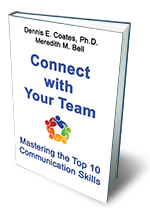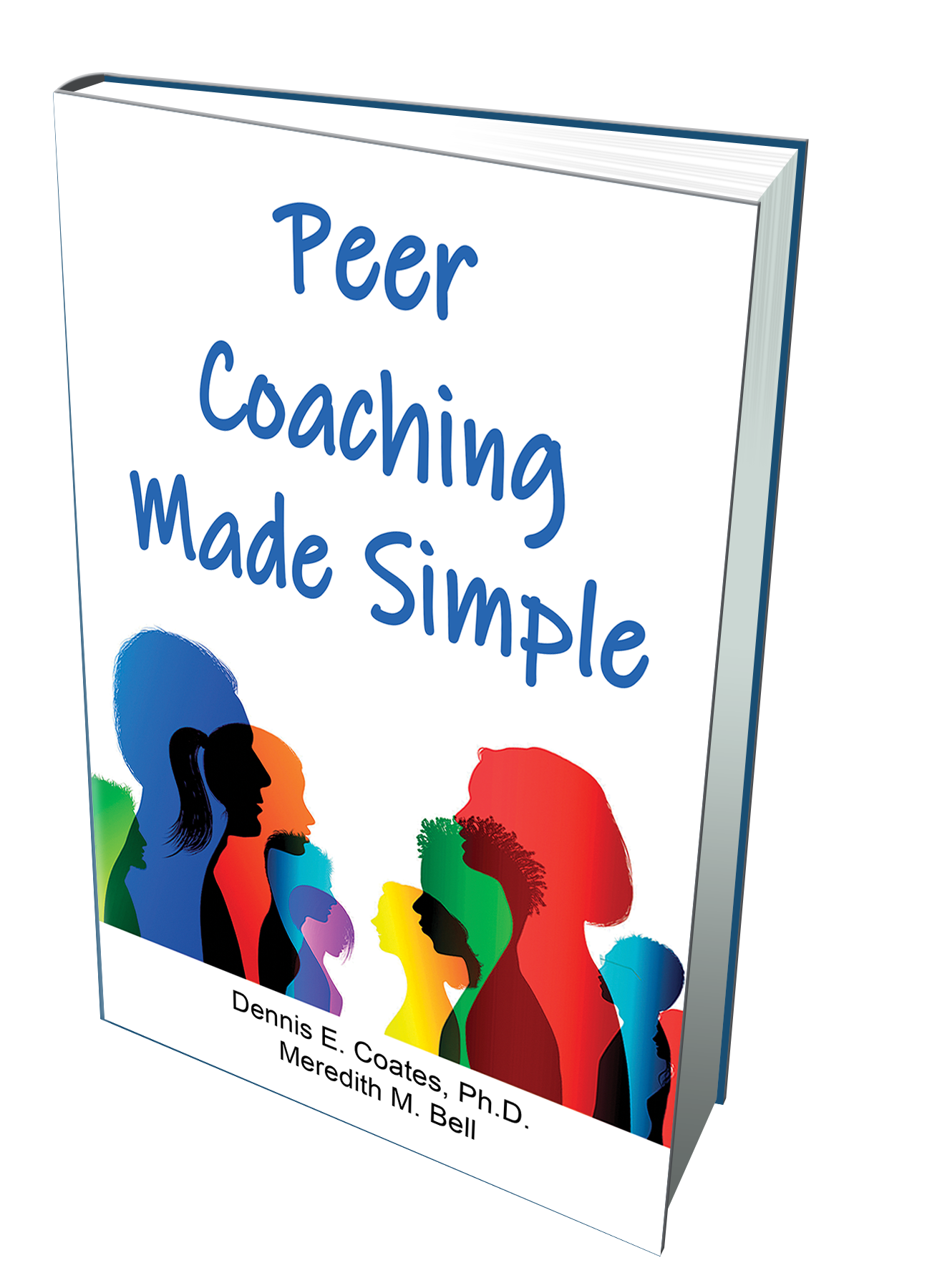
183: Living the Law of Giving and Receiving
183: Living the Law of Giving and Receiving
Is there really a LAW of Giving and Receiving? Indeed there is, and Cynthia Kersey describes exactly how it’s worked in her own life…and how it can work in yours.
Cynthia shares the research and benefits around the power of giving. You’ll love the way she and her team live this every day at The Unstoppable Foundation, a non-profit dedicated to ensuring that every child on the planet has access to the life-long gift of education.
Cynthia embodies her message, and she’s integrated giving and contribution into her life and business for more than two decades. The Unstoppable Foundation has provided a daily education to over 100,000 children, and it also provides access to life-saving services such as clean water, health care, nutritious food, and income generation training to parents. The Foundation’s work has impacted the lives of more than 500,000 men, women, and children in Kenya alone!
You’ll discover:
- What Cynthia learned about the power of giving after publishing her two books
- How to leave the impression of increase with everyone you encounter
- What a culture with the spirit of service and giving looks like
- Two questions you can ask yourself to develop the mindset of giving
- Why individuals and organizations alike have been enthusiastic donors to The Honor Foundation since Day 1






